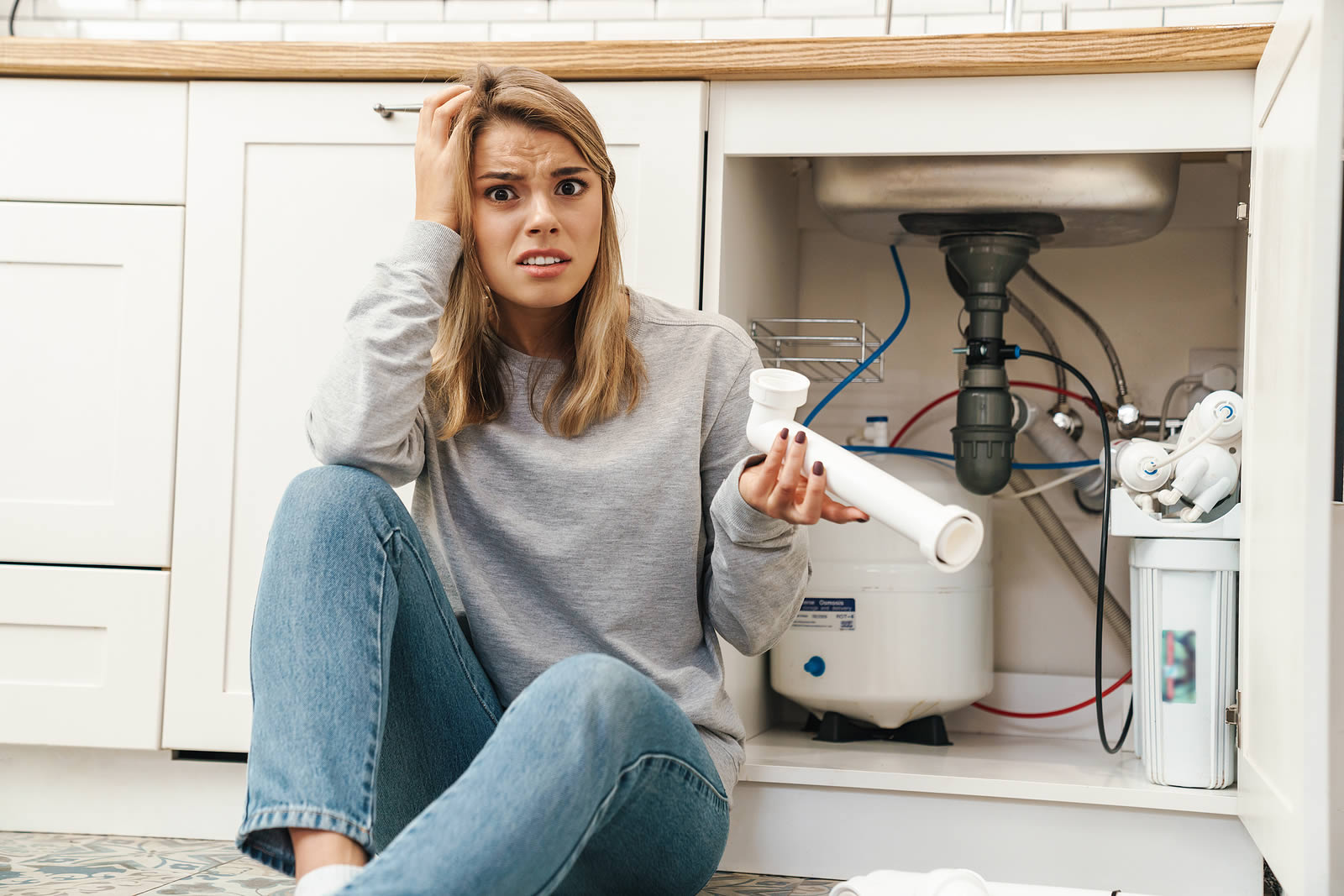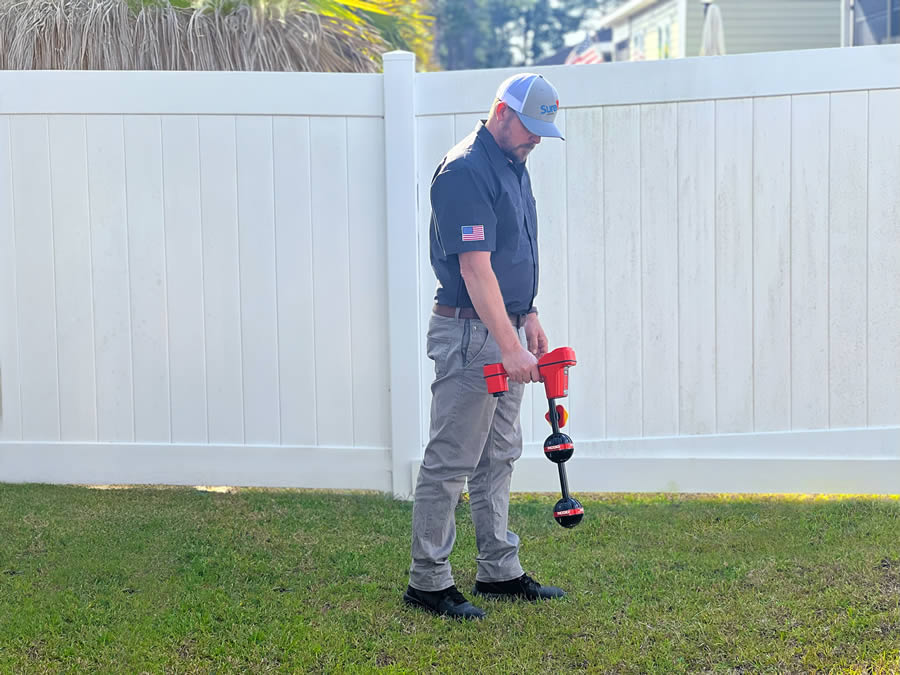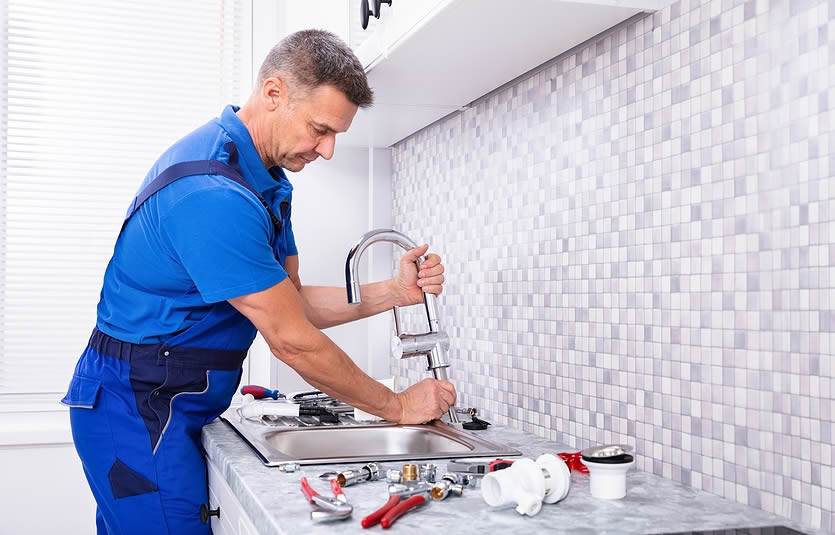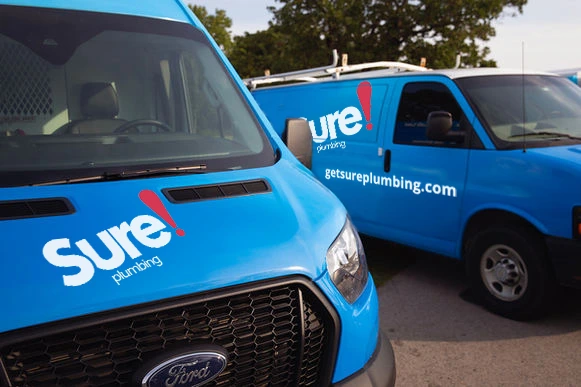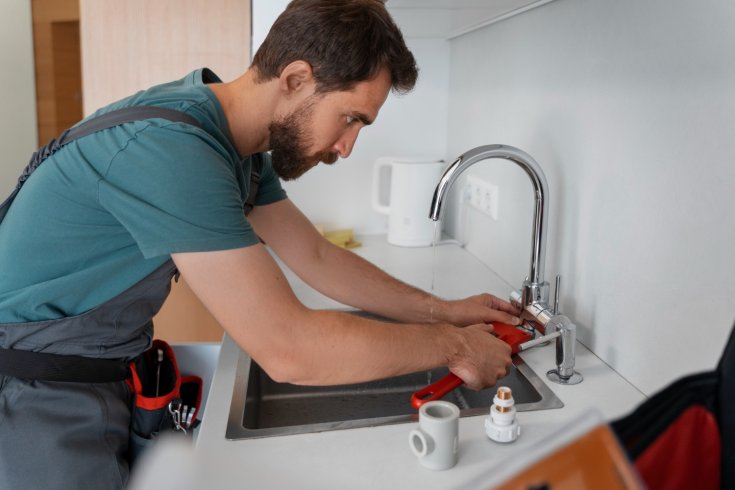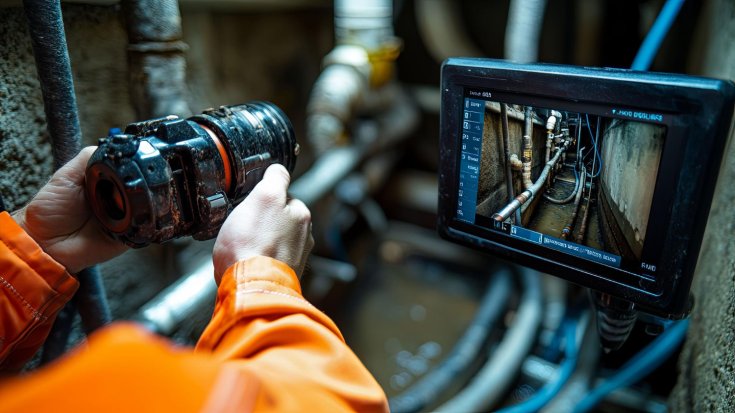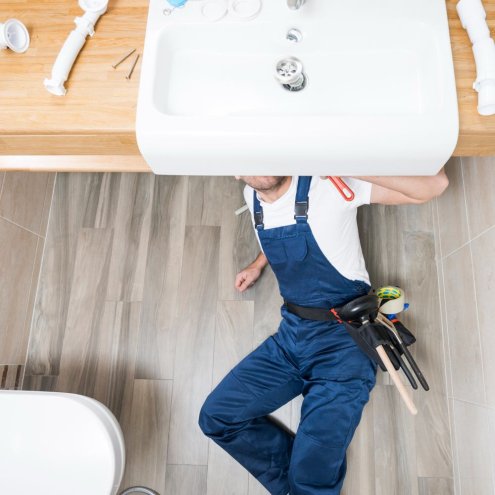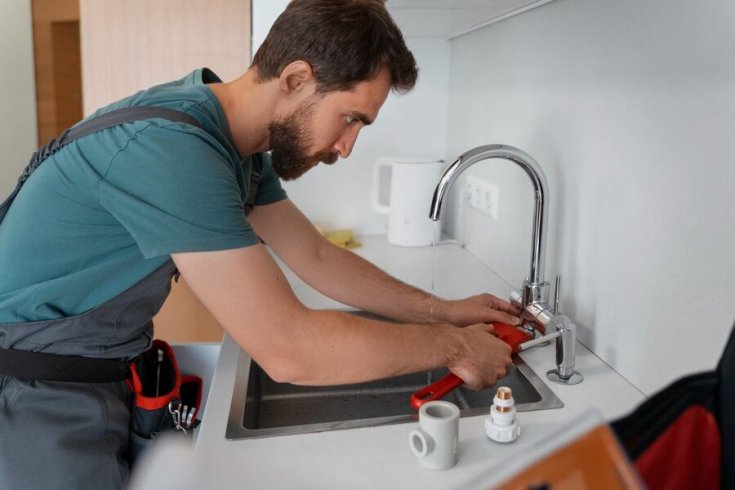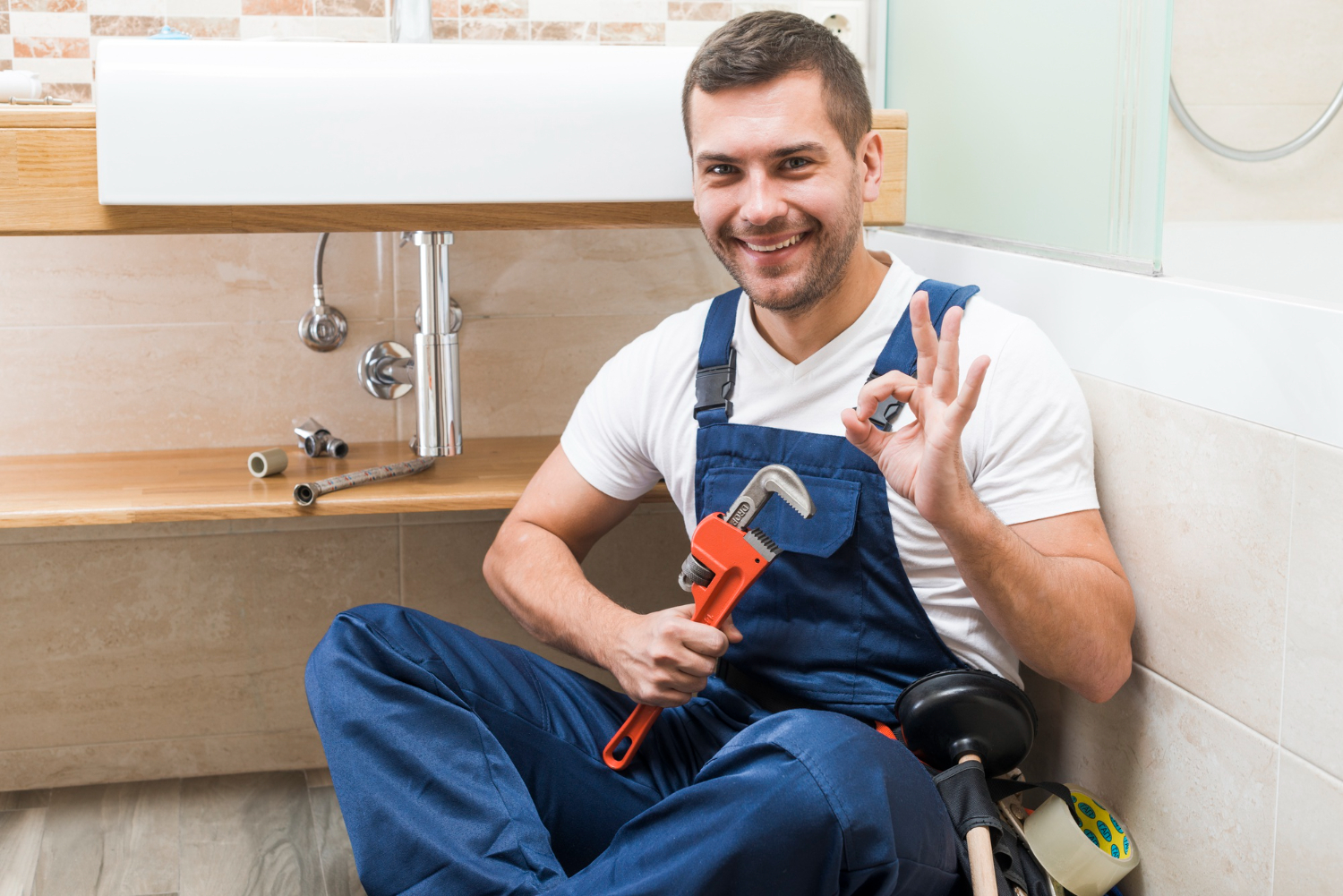Tools Every Homeowner Should Keep on Hand
No one needs to be a master plumber to tackle small fixes. Still, having the right tools could be the difference between waiting for help and solving a problem quickly.
- Plungers: A flange plunger works best for toilets, while a cup plunger suits sinks and tubs. They create suction strong enough to clear most surface blockages. Keeping one of each on hand is smart.
- Hand Auger: When a plunger fails, a hand auger is the next step. It snakes through the pipe to reach deeper clogs. They’re inexpensive, reusable, and safer for your pipes than harsh chemical cleaners.
- Wrenches and Pliers: A pipe wrench, an adjustable wrench, and a pair of slip-joint pliers handle most nuts, bolts, and fittings. They let you tighten or loosen connections without damaging them.
- Plumber’s Tape and Putty: Thread-sealing tape helps prevent leaks around joints. Plumber’s putty is good for sealing drains and fixtures.
- Repair Clamps and Epoxy: Temporary fixes are sometimes all you can do until help arrives. Pipe clamps and epoxy patches hold back leaks long enough to prevent major water damage.
- Other Essentials: Buckets, heavy-duty gloves, safety glasses, and a reliable flashlight round out a basic kit. These everyday items give you control in the first moments of a plumbing issue.
Preventive Maintenance to Avoid Emergencies
Most costly plumbing repair work starts small. Building a simple maintenance routine keeps you ahead of surprises.
- Protecting Drains: Strainers in sinks and tubs catch hair and debris before it enters the pipes. Avoid pouring grease or coffee grounds down the drain. Once a month, flush drains with hot water. A baking soda and vinegar rinse also helps break down buildup.
- Toilet Checks: Drop a few drops of food coloring into the toilet tank and wait ten minutes. If color appears in the bowl without flushing, the flapper needs to be replaced. This quick test saves gallons of water.
- Inspecting for Leaks: Look under sinks, around toilets, and near appliances for dampness or stains. Even a faint smell of mildew signals moisture. Early repair prevents water damage that can spread to flooring, walls, and cabinets.
- Caring for the Water Heater: Flush the tank once a year to remove sediment. Keep the thermostat set around 120 degrees. This extends the heater’s life, reduces energy costs, and lowers the risk of scalding.
- Winterizing Pipes: Wrap pipes in unheated spaces with insulation sleeves. Open cabinet doors on cold nights to let warm air circulate around plumbing. During long absences, consider letting faucets drip slightly to keep water moving.
- Managing Water Pressure: High water pressure strains your system. A pressure gauge will show whether your levels fall between 40 and 60 psi, which is ideal for most homes. A pressure-reducing valve may be needed if readings are consistently higher.
Knowing When It’s Time to Call a Pro
Some problems are safe for homeowners to take care of. Others require professional knowledge and tools. Recognizing the difference prevents mistakes and protects your property.
- Emergency Situations: Flooding from a burst pipe, sewage backing up into drains, or a water heater leaking heavily demand immediate professional help. Turn off the main water supply to stop the flow, then call for service.
- Complex Installations: Installing new toilets, faucets, or garbage disposals may seem straightforward, but missteps create leaks or damage that cost more to fix later. Professionals handle these installations quickly and correctly.
- Hidden or Recurring Problems: If clogs, leaks, or low-pressure return again and again, the problem likely runs deeper. Professionals have inspection cameras, hydro-jetting tools, and diagnostic equipment that homeowners do not.
- Major Repairs and Replacements: Sewer line work, re-piping projects, and water heater replacement are jobs where training and safety matter. These systems affect your entire home, and errors can be expensive.
- Health and Safety Risks: Sewage exposure, mold growth from hidden leaks, and gas line connections pose real health risks. A qualified specialist has the knowledge and safety equipment to handle these jobs properly.
Do You Need a Dependable Plumbing Service?
When a situation requires professionals, a reliable plumbing service is worth every penny. Sure Plumbing is here to provide the help you need. Our team of local plumbers offers a range of quality services from routine maintenance to complicated repairs. Call today to schedule your plumbing repair.

